For individuals with substantial wealth, an estate plan is not just a prudent step—it’s a critical component of comprehensive financial management. As you navigate the complexities of wealth management, ensuring that all critical estate planning elements are in place is essential to safeguarding your legacy and ensuring a smooth transition of assets to your loved ones. In this article, we’ll shine a spotlight on the key elements of an estate plan and discuss why they are crucial for protecting your wealth and securing your financial future.
Foundational Estate Planning Elements: Will and Trust
At the heart of every estate plan lies the will and trust. A will outlines your wishes for the distribution of your assets upon your passing. It’s essential for naming beneficiaries, appointing guardians for minor children, and specifying how your property should be distributed. A trust, on the other hand, offers added control and privacy by allowing assets to bypass the probate process – which can be both lengthy and costly for your heirs. Trusts can provide for specific needs, such as managing assets for minor beneficiaries, protecting assets from creditors, and even philanthropic goals. There are multiple types of trusts, so work with a financial planner or estate planning attorney to determine which may be best suited to your needs.
Advanced Healthcare Directives
Healthcare decisions are deeply personal, and having advanced healthcare directives in place ensures that your medical wishes are respected if you become incapacitated. A living will outline your preferences for medical treatment and life-sustaining measures, while a healthcare proxy designates someone to make medical decisions on your behalf if you’re unable to do so.
Durable Power of Attorney
A durable power of attorney designates an individual to manage your financial affairs if you’re unable to do so due to illness, injury, or other circumstances. This trusted person can handle tasks such as paying bills, managing investments, and making financial decisions on your behalf.
Business Succession Plan
If you own a business, a well-considered business succession plan is crucial. Such a document outlines how your business will be transferred, sold, or managed upon your retirement, disability, or passing. This plan helps maintain the continuity of your business and ensures a smooth transition for employees, partners, and family members involved. If you’re not sure where to begin with estate planning elements related to your business, check out this resource from Forbes.
Charitable Giving Strategy
For those who wish to leave a lasting legacy through philanthropy, a charitable giving strategy will be a vital estate planning element. Consider establishing charitable trusts, donor-advised funds, or foundations to support causes you’re passionate about. Not only can this strategy benefit the causes you care about, but it can also provide valuable tax benefits for your estate.
Asset Protection
Protecting your wealth from potential creditors and legal claims is a consideration for high-net-worth individuals. Certain trust structures, such as irrevocable trusts, can provide a level of asset protection by placing assets beyond the reach of potential creditors.
Regular Plan Review and Updates
Estate planning is not a one-time task. It requires ongoing attention and some of your estate planning elements may evolve over time. Changes in family dynamics, financial circumstances, and laws can impact the effectiveness of your plan, as well as its suitability to your unique needs. Regularly reviewing and updating your estate plan ensures that it remains aligned with your goals and reflects your current situation.
Do You Have an Estate Plan in Place?
For individuals with substantial wealth, a comprehensive estate plan goes beyond just distributing assets—it’s a strategic tool for preserving your legacy, protecting your wealth, and ensuring your wishes are honored. By addressing key elements such as wills and trusts, advance healthcare directives, durable power of attorney, business succession plans, charitable giving strategies, and asset protection, you’re taking a proactive approach to managing your financial future. Regular review and updates to your plan ensure that it evolves along with your changing circumstances.
At Principal Preservation Services, we offer comprehensive retirement planning including advice on how to minimize your taxes on your estate. The estate planning elements mentioned above can help you set the stage for a legacy that reflects your values and provides for the financial well-being of your loved ones for generations to come. If you’d like to schedule a conversation with a member of our experienced team to discuss your estate planning needs, please reach out today. We look forward to hearing from you!









